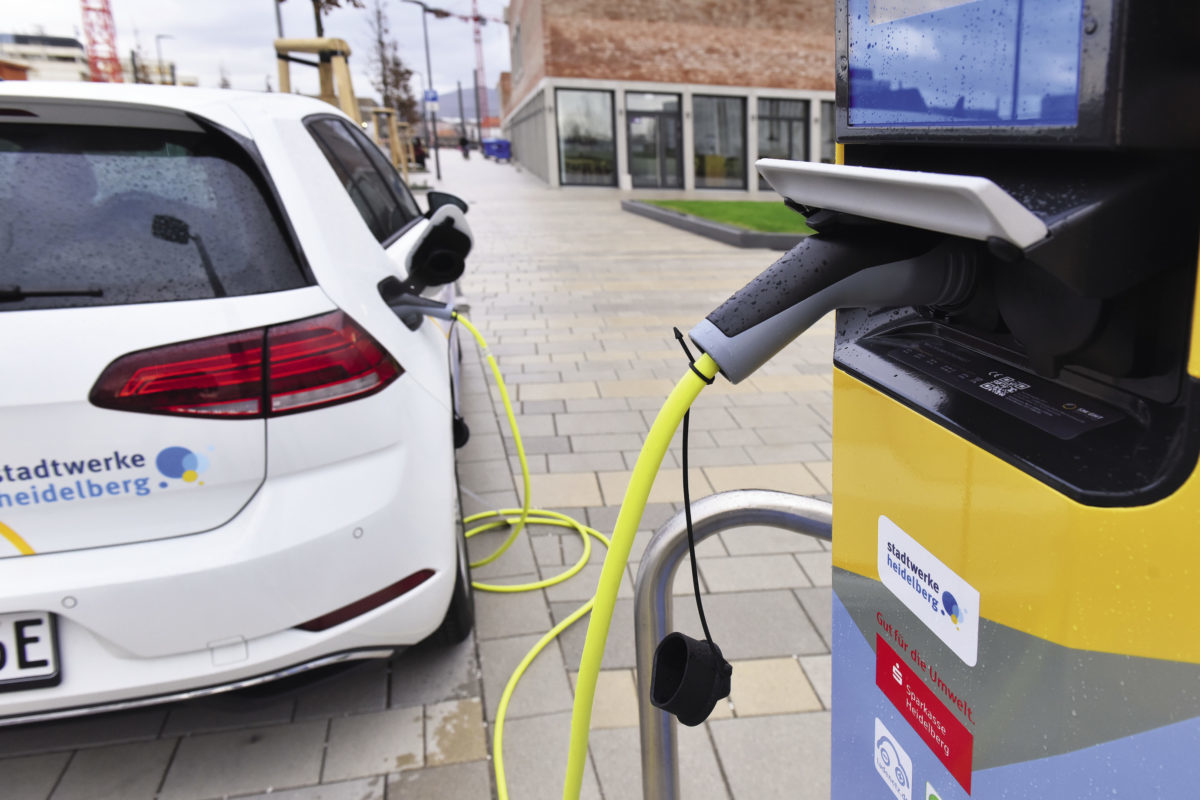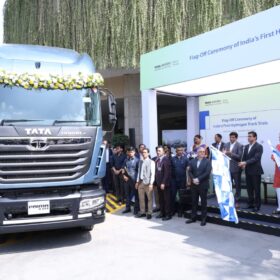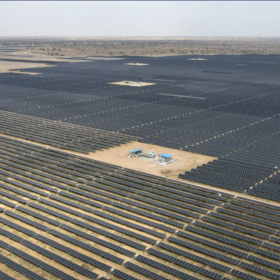Kerala State Electricity Board—the nodal agency for establishing the electric vehicle (EV) charging infrastructure in Kerala—aims to empanel implementing agencies for establishing 64 EV charging stations in three districts of the state. While Ernakulam will get 41 charging stations, Kozhikode gets 14 and Thiruvananthapuram 9.
Of the total 64 charging stations, 33 would come up on land under the government/local bodies and autonomous bodies, 20 on KSEB land and the rest 11 on private land.
The scope of work includes procurement, installation and operation and maintenance (as the case may be) of EV charging stations at the specified locations.
The charging stations shall be equipped with smart payment facilities. Further, the station operator should have tie-up with at least one network service provider for online booking, billing and payment; and shall share charging data with the nodal agency (KSEB and Central Electricity Authority).
State policy
Kerala aims to set up one million EVs on the road by 2022, with pilot fleet of 200,000 two-wheelers, 50,000 three wheelers, 1000 goods carriers, 3000 buses and 100 ferry boats by 2020. The state government has set conversion of three wheelers and transport buses to electric as the first priority along with promoting conversion of two- and four-wheelers.
The state policy provides capital subsidy of 25% of the value of the charging station equipment/machinery up to a maximum of Rs10,00,000 for DC chargers rated 100V and above (for first 100 stations) and Rs30,000 for DC chargers below 100V (for first 300 stations).
This content is protected by copyright and may not be reused. If you want to cooperate with us and would like to reuse some of our content, please contact: editors@pv-magazine.com.









By submitting this form you agree to pv magazine using your data for the purposes of publishing your comment.
Your personal data will only be disclosed or otherwise transmitted to third parties for the purposes of spam filtering or if this is necessary for technical maintenance of the website. Any other transfer to third parties will not take place unless this is justified on the basis of applicable data protection regulations or if pv magazine is legally obliged to do so.
You may revoke this consent at any time with effect for the future, in which case your personal data will be deleted immediately. Otherwise, your data will be deleted if pv magazine has processed your request or the purpose of data storage is fulfilled.
Further information on data privacy can be found in our Data Protection Policy.